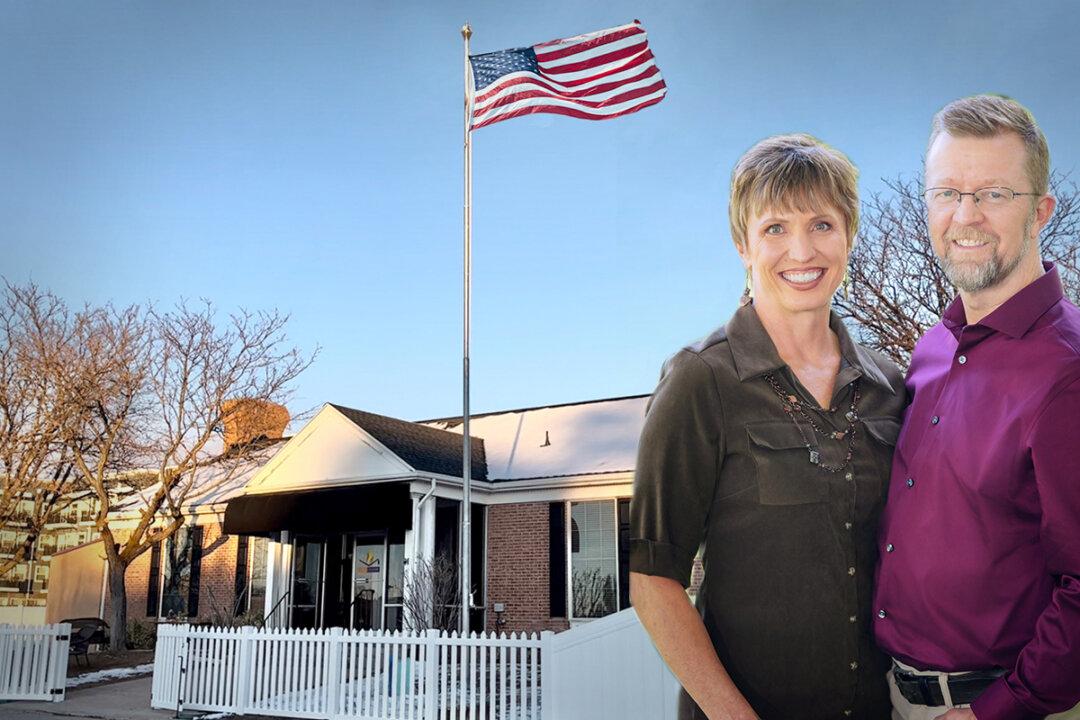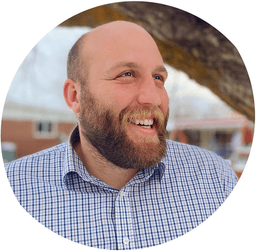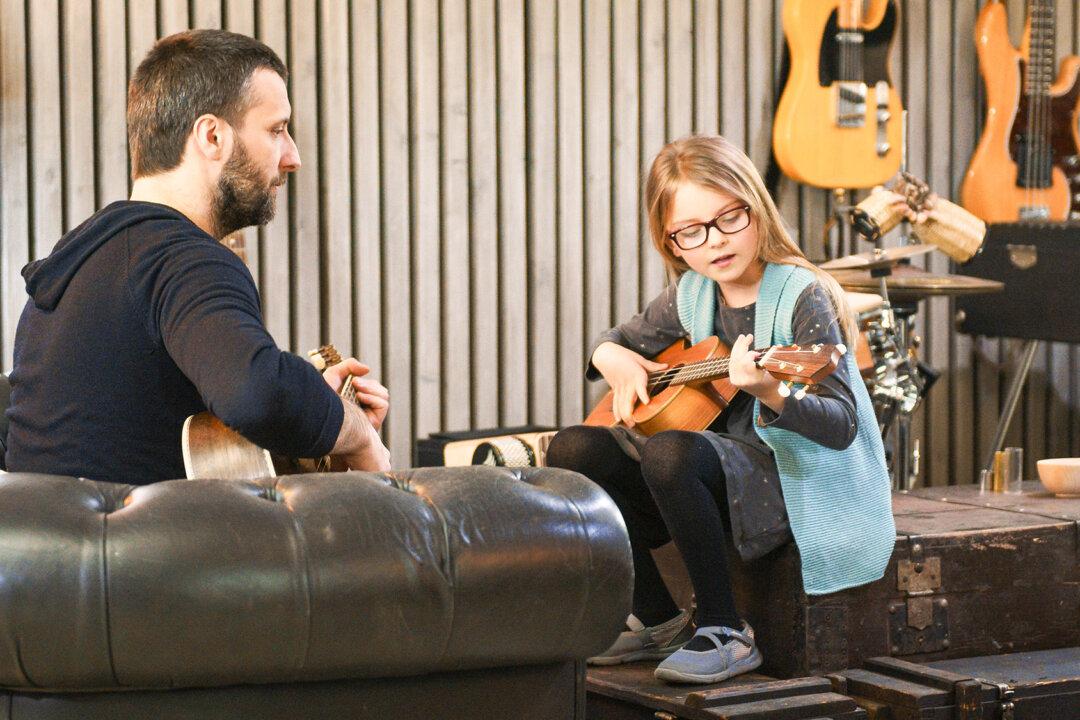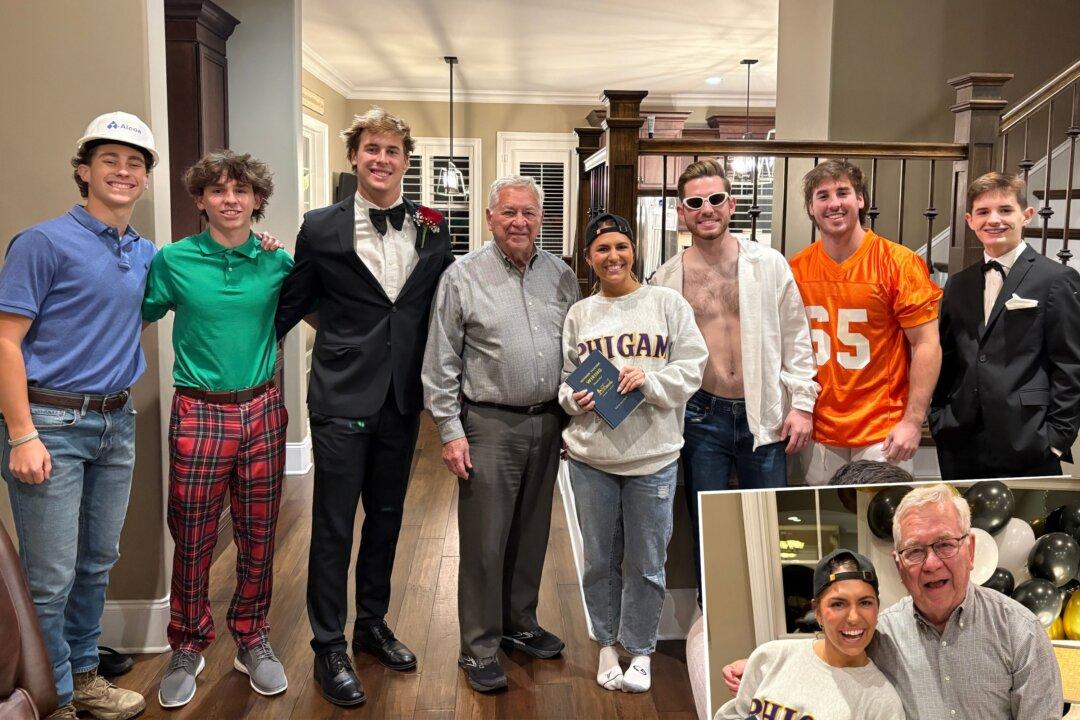Ten years ago, a visionary mom embarked on a homeschooling journey with a heartfelt admiration for traditional American values, a never-ending love of learning, and a mission to spread kindness. Many families came on board, one after another, and together they are creating a subtle yet significant difference in our society.
I know this woman and her family personally and feel honored to be one of the teachers at this hybrid homeschool. Let me take you on an educational adventure to this institute that embraces God and prioritizes families.






